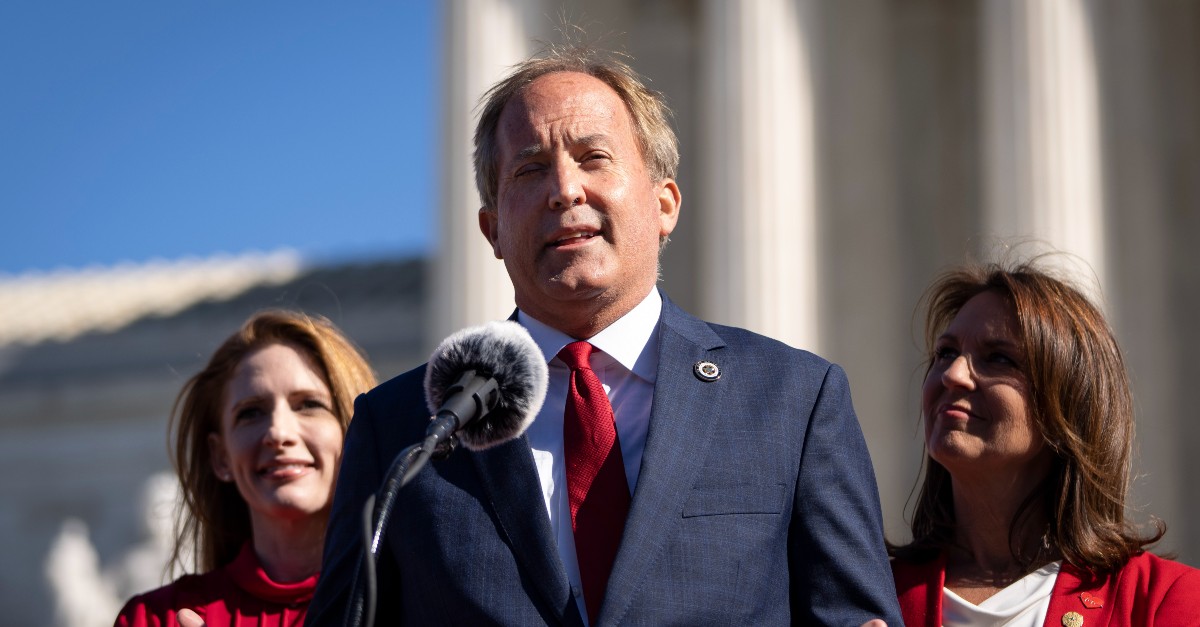OPINION: This article may contain commentary which reflects the author's opinion.
A federal appeals court turned down a request by abortion providers in Texas on Monday regarding the state’s law banning abortions after a fetal heart tone is detected, or around six weeks into a pregnancy.
In a 2-1 decision, the Fifth Circuit Court of Appeals in New Orleans refused to remand the case back to a U.S. district judge who previously blocked the law, instead sending the case to the Texas Supreme Court, which was sought by state attorneys, Politico reported.
“The move by the 5th Circuit Court of Appeals effectively prolongs the litigation over the unusual anti-abortion statute, leaving in place a law that has led to a dramatic reduction in the number of abortions performed in the state since the measure took effect in September,” noted Politico.
“The 2-1 court decision held that there was too much ambiguity around the meaning of the Texas law to allow federal courts to continue to act on the legal challenge without definitive guidance from Texas’s top court,” the outlet continued.
Last month, the U.S. Supreme Court remanded the case back to the Fifth Circuit, and the appeals court ruling on Monday mirrors that decision. Texas Attorney General Ken Paxton had requested that the high court remand the case back to the lower court.
SCOTUS allowed the Texas ‘heartbeat’ law to remain in place while narrowing the grounds upon which abortion providers could mount legal challenges to the statute, ruling that the case could continue against Texas licensing officials who regulate healthcare workers.
The court’s action means that the case will return to a district court for further proceedings, but it may still be difficult for providers to open their doors again.
It provides a narrow victory for the abortion clinics, allowing them to get into court. But at the same time, the court limited which state officials could be sued by the providers, which could make it difficult for the providers to resume providing abortions after the sixth week of pregnancy.
In statements after the decision came down, the abortion advocates who had challenged the law painted the Supreme Court’s decision as a disappointment for how it will hinder the clinics’ ability to continue to fight the ban in court.
“While the Court did not put a complete end to our legal challenge, its failure to stop Texas’s deliberate nullification of the constitutional right to abortion within its borders makes the Court complicit in widespread chaos and harm to Texans, and responsible for giving the green light for other states to circumvent the constitution through copycat laws,” said Alexis McGill Johnson, president and CEO of Planned Parenthood Federation of America, in a statement.
Marc Hearron, an attorney representing the Center for Reproductive Rights, expressed reservations earlier this month after the December SCOTUS ruling regarding the case brought by abortion providers.
“The Supreme Court gave the green light to this vigilante scheme and said if a state wants to pass a law that infringes on a constitutional right and delegate enforcement to the general public, federal courts can’t do anything to stop that. That’s the core of the case,” Hearron said, Politico noted.
“There’s a part of our case left against these licensing officials, and it’s an important part of the case, but people need to understand that even what’s left is being delayed and strung out while patients across Texas are denied their constitutional rights,” he noted further.
The Texas law does not provide any state enforcement mechanism but rather empowers individuals to sue providers who perform abortions past the time when a fetal heart tone is detected.
Other Republican-run states have either proposed similar legislation or are considering doing so.
Also in December, the U.S. Supreme Court heard an abortion case stemming from a Mississippi law that bans abortions after 15 weeks. Liberals are concerned that case could lead the conservative-leaning court to either overturn the landmark 1973 Roe v. Wade decision legalizing abortion or severely curb it.
